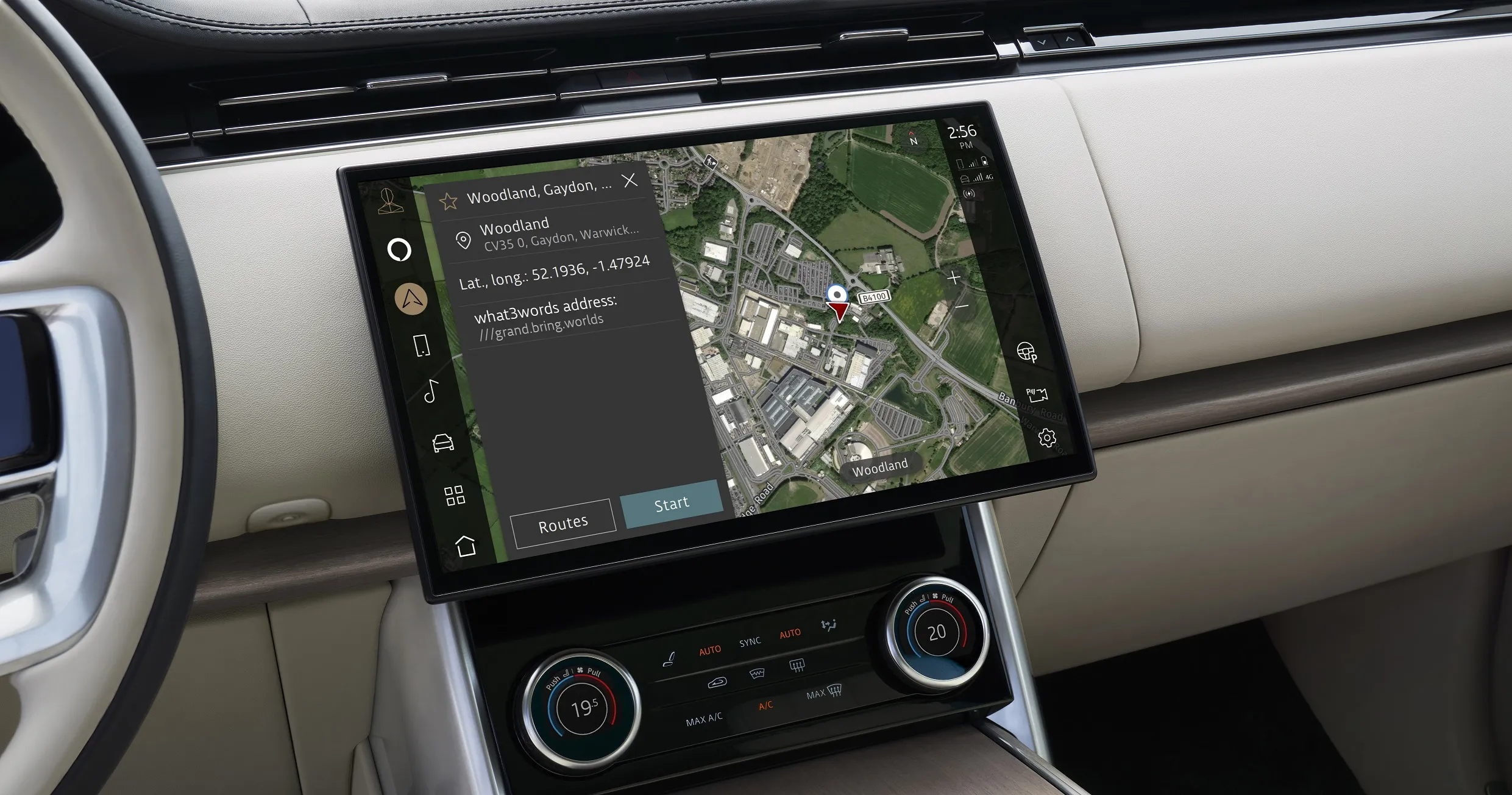The UK’s Transport Research Laboratory (TRL) has been named the winner of the Forward Thinking Award at the 2016 ITS (UK) Awards. The award, which recognises innovation in intelligent transport systems (ITS), was presented to TRL for its creation of the UK Smart Mobility Living Lab @ Greenwich - a real-life environment where connected and automated vehicles (CAVs), services and processes can be safely developed, evaluated and integrated within the local community.
Based in the Royal Borough of Greenwich,
July 26, 2016
Read time: 2 mins
The UK’s Transport Research Laboratory (491 TRL) has been named the winner of the Forward Thinking Award at the 2016 ITS (UK) Awards. The award, which recognises innovation in intelligent transport systems (ITS), was presented to TRL for its creation of the UK Smart Mobility Living Lab @ Greenwich - a real-life environment where connected and automated vehicles (CAVs), services and processes can be safely developed, evaluated and integrated within the local community.
Based in the Royal Borough of Greenwich, London and supported by UK government, the UK Smart Mobility Living Lab helps organisations bring solutions to market faster by enabling them to be trialled and validated in a real-life environment. Vehicle manufacturers, OEMs and tech developers can use the Living Lab to assist with research and development, concept testing and validation, launching new technology or services, and understanding how new technology is perceived in a real world environment.
The award was presented to Mark Stead, sales director at TRL, at the ITS (UK) President’s Dinner on 20 July in the City of London. The judges commented that the lab “represents a forward thinking, innovative and unique UK asset that will enable the development of ITS to be accelerated within the UK and with global relevance.”
RL currently has a portfolio of CAV projects, including GATEway, MOVE_UK and Atlas. Current CAV partners include Innovate UK, EPSRC, Bosch, Jaguar Land Rover, Royal Borough of Greenwich, UMTRI, Telefonica, Shell, CEDR, RSA, Direct Line Group, Westfield, Heathrow and Oxbotica.
Based in the Royal Borough of Greenwich, London and supported by UK government, the UK Smart Mobility Living Lab helps organisations bring solutions to market faster by enabling them to be trialled and validated in a real-life environment. Vehicle manufacturers, OEMs and tech developers can use the Living Lab to assist with research and development, concept testing and validation, launching new technology or services, and understanding how new technology is perceived in a real world environment.
The award was presented to Mark Stead, sales director at TRL, at the ITS (UK) President’s Dinner on 20 July in the City of London. The judges commented that the lab “represents a forward thinking, innovative and unique UK asset that will enable the development of ITS to be accelerated within the UK and with global relevance.”
RL currently has a portfolio of CAV projects, including GATEway, MOVE_UK and Atlas. Current CAV partners include Innovate UK, EPSRC, Bosch, Jaguar Land Rover, Royal Borough of Greenwich, UMTRI, Telefonica, Shell, CEDR, RSA, Direct Line Group, Westfield, Heathrow and Oxbotica.







